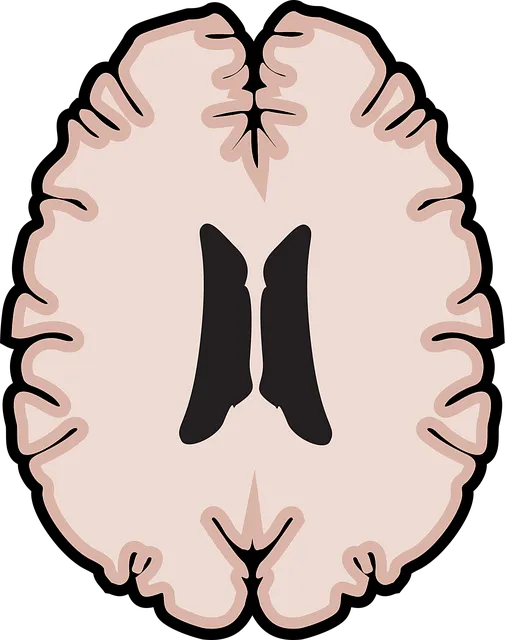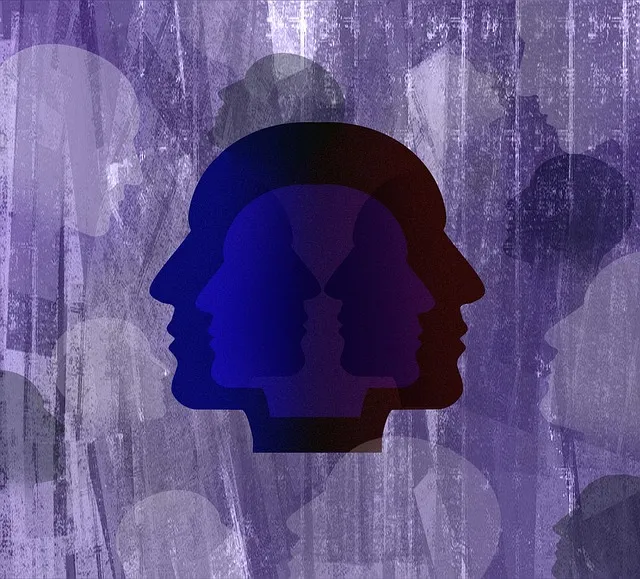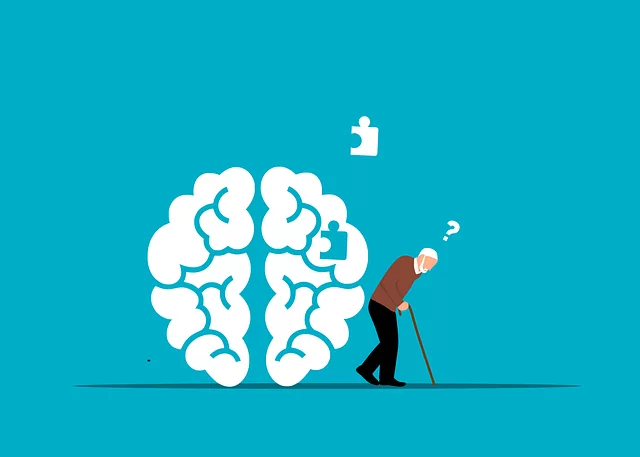Mental health app development acts as a digital bridge for individuals seeking support, offering personalized resources and tools like those provided by Kaiser Lafayette. These apps cater to crisis intervention and self-care routine development, leveraging technology for intuitive experiences promoting mental wellness. Kaiser Lafayette's comprehensive network of healthcare professionals reduces stigma, providing programs like Social Skills Training and technology integration. By prioritizing user-centric features and adhering to strict privacy, security, and ethical standards, these apps empower users to take charge of their mental health on their terms, while fostering a supportive digital environment for enhanced well-being, as demonstrated by Kaiser Lafayette in accessing mental health services.
Mental wellness apps are transforming access to care, offering individuals a convenient and discrete way to manage their mental health. This article explores the crucial step of developing these apps, highlighting the role of organizations like Kaiser Lafayette in expanding mental health services. We delve into user-centric design strategies for engaging therapy and address critical privacy, security, and ethical considerations essential for building trust. Discover how these factors contribute to effective digital mental health solutions, including streamlined access through Kaiser Lafayette.
- Understanding Mental Health App Development: A Necessary Step Towards Accessible Care
- Kaiser Lafayette's Role in Expanding Mental Health Services
- Designing User-Centric Features for Engaging and Effective Therapy
- Privacy, Security, and Ethical Considerations in Mental Wellness Apps
Understanding Mental Health App Development: A Necessary Step Towards Accessible Care

In today’s digital age, mental health app development has emerged as a powerful tool to bridge the gap between individuals seeking support and readily available care. Understanding how to create effective mental health applications is a necessary step towards ensuring accessible services, such as those offered by Kaiser Lafayette. These apps cater to a wide range of needs, from providing Crisis Intervention Guidance to facilitating Self-Care Routine Development for Better Mental Health.
By leveraging technology, developers can create intuitive and personalized experiences that promote mental wellness. A well-designed app can offer resources, tools, and support networks tailored to individual users’ unique circumstances. This not only enhances accessibility but also encourages a sense of comfort and control in managing one’s mental health. As the demand for accessible mental health services continues to grow, the role of these applications in reshaping care becomes increasingly significant.
Kaiser Lafayette's Role in Expanding Mental Health Services

Kaiser Lafayette plays a pivotal role in expanding access to mental health services, bridging the gap between individuals seeking support and the resources they need. Through its comprehensive network of healthcare professionals, Kaiser offers a range of programs designed to cater to diverse mental wellness needs. This includes Social Skills Training, which equips users with tools for effective communication and interaction, thereby reducing social anxiety and fostering healthier relationships. By integrating innovative solutions and leveraging technology, Kaiser Lafayette also contributes significantly to Mental Illness Stigma Reduction Efforts, creating inclusive spaces where people can openly discuss their struggles without fear of judgment. Furthermore, the organization employs Emotional Well-being Promotion Techniques that focus on preventive care, empowering individuals with coping mechanisms to manage stress and maintain a balanced mindset.
Designing User-Centric Features for Engaging and Effective Therapy

When designing features for a mental wellness app, it’s crucial to put users at the heart of the process. Engaging and effective therapy should be tailored to individual needs, offering personalized paths to healing and growth. Incorporate user-centric elements like customizable schedules for daily mental wellness journaling exercises, allowing individuals to reflect on their emotions and track progress over time. This not only fosters self-awareness but also enables users to identify patterns and triggers, empowering them to take charge of their mental health.
Additionally, integrate tools that support conflict resolution techniques by providing practical strategies for navigating difficult situations. Features such as guided meditation scripts or interactive stress management modules can help users build inner strength and resilience. By making these resources readily accessible through platforms like Kaiser Lafayette, individuals can easily access mental health services on their own terms, creating a supportive digital environment that enhances overall well-being.
Privacy, Security, and Ethical Considerations in Mental Wellness Apps

When developing mental wellness apps, especially those offering services like those provided by Kaiser Lafayette, privacy, security, and ethical considerations are paramount. Users share sensitive personal information about their mental health struggles, making data protection crucial. Developers must implement robust encryption methods to safeguard user records and ensure compliance with regulations such as HIPAA (Health Insurance Portability and Accountability Act). This includes secure storage of data, encrypted transmission, and clear privacy policies that inform users about data usage and sharing practices.
Moreover, ethical considerations extend beyond data security. App developers should prioritize transparency in how they collect, use, and share user data. Informed consent is essential; users should understand what information is being collected and why. Additionally, mental wellness apps should be designed with accessibility and inclusivity in mind, ensuring they cater to diverse populations. Incorporating features that promote cultural sensitivity and providing options for customizable content can enhance the app’s effectiveness and appeal. These practices not only uphold ethical standards but also foster trust between users and the app developers, contributing to a more successful mental wellness support system.
Mental wellness apps have the potential to revolutionize access to care, especially when integrated with established healthcare systems like Kaiser Lafayette. By understanding user needs, designing engaging features, and prioritizing privacy, security, and ethical practices, developers can create effective tools for mental health support. Leveraging these innovations allows individuals to navigate their well-being journeys more easily, ultimately enhancing the accessibility of quality mental health services through Kaiser Lafayette.






